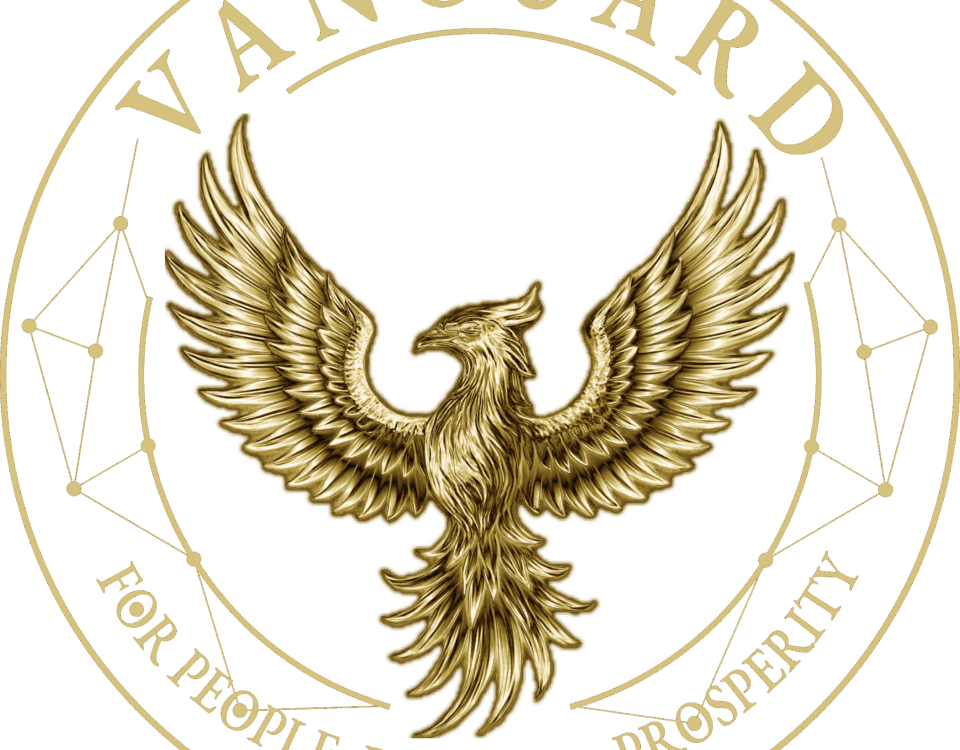Unlocking Operational Excellence with Lean Management
In today’s highly competitive business landscape, companies constantly seek ways to optimize costs, grow earnings, and ensure long-term success. One of the most effective and proven approaches is Lean management, a philosophy rooted in the Toyota Production System. At its core, Lean focuses on delivering customer value, eliminating waste, and fostering a culture of continuous improvement. This article explores the transformative potential of Lean management and how it can help organizations thrive sustainably.
What Is Lean Management?
Lean is both a management philosophy and a practical methodology that centers on creating value for the customer. It does this by streamlining processes, cutting waste, and empowering people at every level of the organization. Lean integrates concepts like one-piece flow, just-in-time production, pull systems, and respect for people to optimize efficiency and quality.
Lean encourages a culture of problem-solving, ownership, and continuous learning. By focusing on efficiency without compromising quality, it helps companies deliver better products and services—faster and at lower cost.
“There are so many people who can figure costs, and so few who can measure values.”
— Author Unknown
Core Tools and Principles for Lean Success
To implement Lean effectively, organizations must adopt key tools and principles that enable operational transformation:
1. Value Stream Mapping
This visual tool maps the entire flow of materials and information in a process. It helps identify inefficiencies and uncover improvement opportunities.
2. Kaizen (Continuous Improvement)
Kaizen promotes incremental, employee-driven improvements. It gives individuals the power to spot problems, suggest ideas, and act on solutions—building ownership and innovation from the ground up.
3. Kanban
Kanban systems use visual signals to manage workflows and limit excess inventory. They ensure that production aligns closely with real-time customer demand.
4. Just-in-Time (JIT) Production
JIT emphasizes producing only what’s needed, when it’s needed. This approach reduces waste, shortens lead times, and improves responsiveness to market shifts.
“Kaizen should be done when times are good and the company is profitable. When a business is already struggling, cutting costs often means cutting muscle, not fat. The most important time to improve is when things are going well.”
— Taiichi Ohno, Father of the Toyota Production System
Key Benefits of Lean Management
Companies that embrace Lean often experience significant, measurable benefits:
1. Enhanced Customer Satisfaction
Lean prioritizes customer needs, ensuring timely delivery of products and services that match expectations. This focus builds trust and loyalty.
2. Higher Quality
By encouraging employees to detect and address issues early, Lean fosters a quality-first mindset. This leads to fewer defects and better outcomes.
3. Reduced Waste
Lean eliminates non-value-added activities—whether time, materials, or labor—resulting in lower costs and improved resource use.
4. Increased Productivity
Optimized processes, minimized bottlenecks, and streamlined workflows allow teams to accomplish more with the same effort and time.
5. Stronger Employee Engagement
Lean relies on team collaboration, respects contributions from all levels, and supports skill development. This improves morale, retention, and collective problem-solving.
Steps to Successfully Implement Lean
Effective Lean transformation requires commitment, structure, and consistency. Here are essential steps to guide the process:
1. Leadership Commitment
Executives must visibly support Lean initiatives and align them with strategic goals. Their commitment ensures the necessary resources and signals the importance of cultural change.
2. Employee Involvement
Lean thrives when everyone participates. Encouraging input and recognizing achievements builds a sense of ownership and reinforces continuous improvement.
3. Training and Development
Equip teams with knowledge and tools. Training builds confidence and capability to lead Lean efforts across departments.
4. Gemba Walks
Leaders should spend time in the actual workplace—observing, listening, and learning from frontline employees. This grounds improvement efforts in real experience.
5. Performance Tracking
Establishing KPIs aligned with Lean goals allows organizations to measure progress, highlight successes, and identify areas for further action.
“Having no problems is the biggest problem of all.”
— Taiichi Ohno
Lean Management as a Path to Sustainable Growth
Lean offers more than just process improvements. It provides a strategic framework for long-term resilience and competitiveness. By adopting Lean principles, companies can reduce operational inefficiencies, improve product and service quality, and respond more effectively to customer demands.
Perhaps most importantly, Lean promotes a people-centered culture. It empowers individuals, values their contributions, and creates space for continuous learning and growth. This culture becomes a company’s most enduring advantage.
In a world where change is constant, Lean equips organizations to adapt swiftly, optimize their operations, and grow with purpose. By integrating Lean into daily practice, companies can achieve operational excellence, sustainable success, and a deeper connection to both employees and customers.
Want help applying Lean to your team or organization?
I can help you tailor a plan or training approach that fits your specific context and needs.
The article is written by Manuel Brković, COTRUGLI alumnus from EMBA 17 ZG generation.







